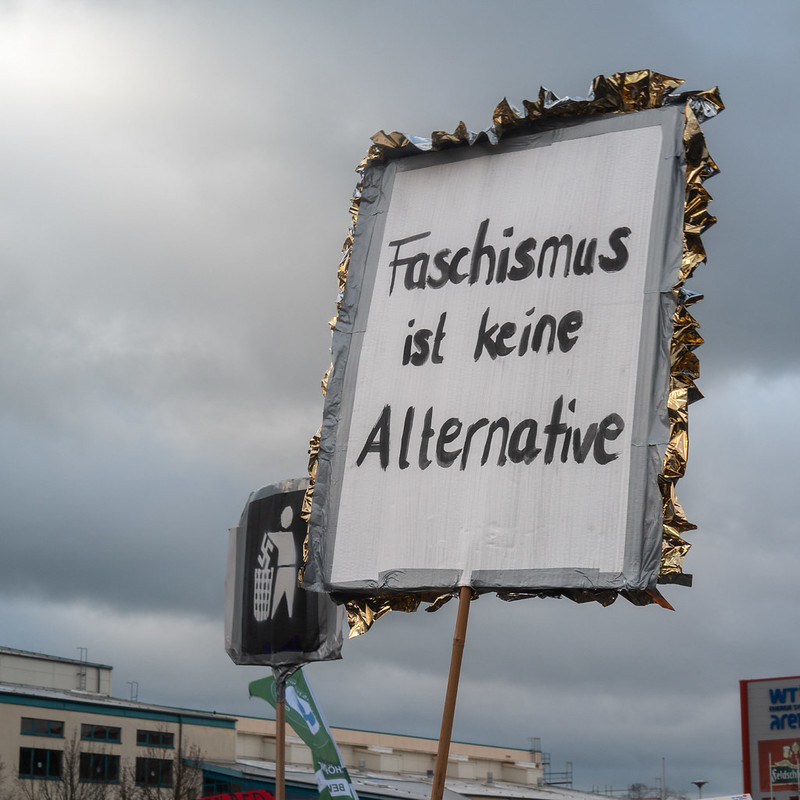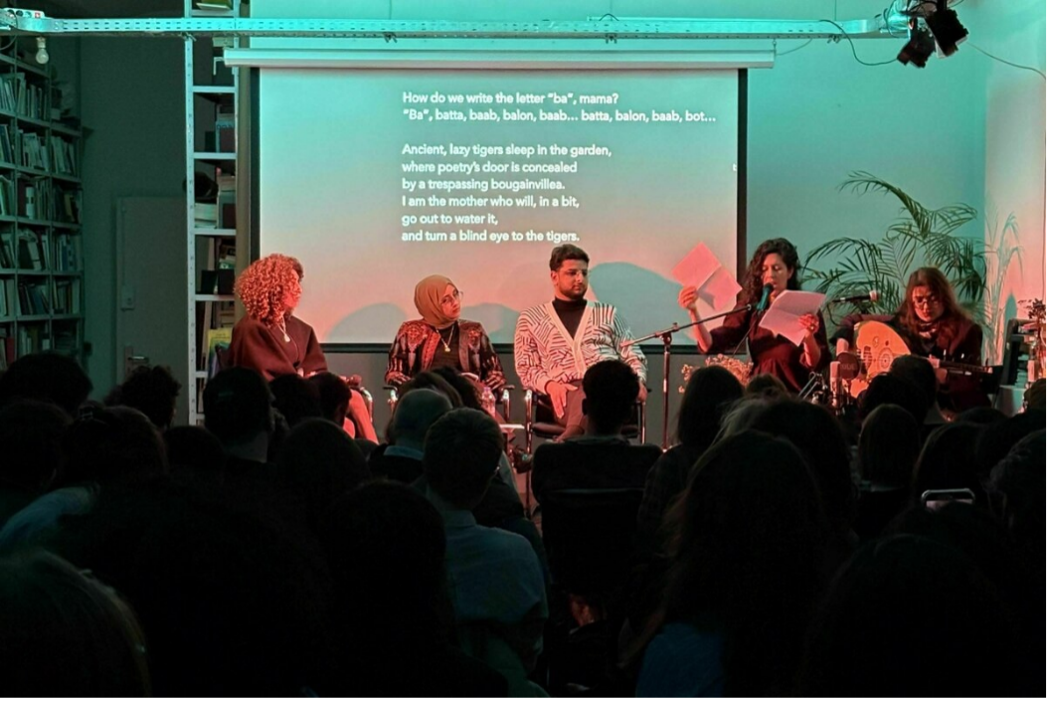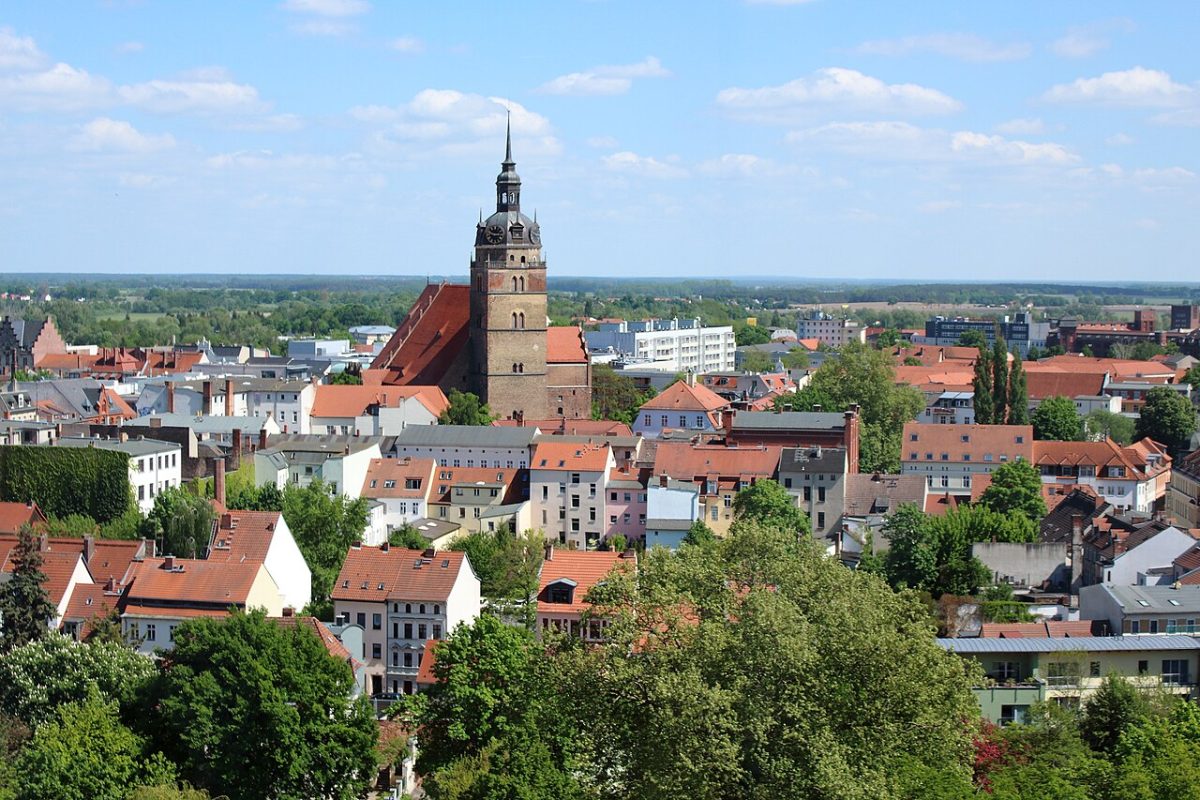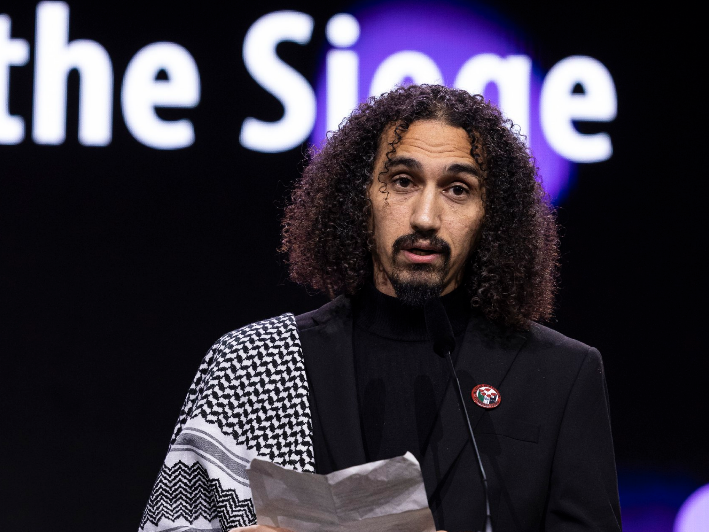Last Wednesday, student assemblies were scheduled at Berlin’s three main universities. On November 29-30, the far-right party Alternative für Deutschland (AfD) is founding a new youth organization in the city of Gießen. The campus meetings were part of the antifascist mobilization to block the creation of “Generation Deutschland,” as the reactionary youngsters plan to call themselves.
But the same day, the administrations of both the Free University (FU) and the Humboldt University (HU) cancelled the assemblies after receiving complaints from the AfD. The official reasoning: universities are supposed to remain neutral regarding party politics. In the context of Germany’s history—in 1933, universities quickly subordinated themselves to the fascist regime and supported its genocidal policies — this “neutrality” on antifascism is nothing short of astounding.
Only the Technical University (TU) allowed the event to take place—but on the condition that “no statements about party politics” be made, so nothing about the AfD. Hundreds of students gathered and made plans to head to Gießen.
Useful Idiots
This is more than the latest episode in the Rechtsruck, Germany’s seemingly boundless shift to the right. As both an FU alumnus and a historian, I can say this campus repression is unprecedented. Berlin’s universities have always hosted political assemblies, from the 1968 youth rebellion to the 2009 Bildungsstreik (education strike).
University presidents capitulating to far-right pressure is an echo of what’s going on in the United States under Trump. This authoritarian turn on Berlin campuses did not fall from the sky—nor is it a result of the AfD’s influence among students, which thankfully remains vanishingly small. This is a direct product of the violent repression against pro-Palestinian protests. According to retired professor Hajo Funke, who started studying at FU in 1964, this was the worst repression since the university’s founding more than 75 years ago.
When students peacefully protested against the genocide in Gaza, they were attacked by government ministers and big media. University leaders sent in heavily armed cops, who attacked young people with batons and pepper spray, and then pressed hundreds of charges against their own students. As I’ve reported, numerous Jewish students were also beaten and doxxed in the name of “protecting Jewish students.”
There were some liberals, useful idiots of the Far Right, who thought this assault on academic freedom would be limited to Palestine. But any attack by the state on student protests automatically strengthens authoritarian forces. Thus the supposed “fight against antisemitism” benefits the party of Beatrix von Storch, the granddaughter of Hitler’s finance minister.
Pseudo-Democracy
After the assemblies were banned, the discussion at TU was bewildering: according to multiple comrades, there was little talk about the censorship. Instead, pre-prepared speeches about the mobilization to Gießen were read out—as if students could simply ignore this unprecedented assault on their rights and continue with the agenda.
This is very much the modus operandi of Studis Gegen Rechts (Students Against the Right): While an event may be called an assembly, everything is carefully choreographed, with each speaker chosen and prepared beforehand. Students who wanted to speak about defending democratic rights were consistently “overlooked” by the chair.
The result is not an assembly at all, but a pageant—a simulacrum of direct democracy. It is a method that has been slowly introduced to Berlin over the last decade by self-described “organizers”: young bureaucrats working for Die Linke or the trade union ver.di who are often associated with the post-Trotskyist network Marx21.
The problem with this was visible on Wednesday: a pre-prepared non-assembly is incapable of reacting to new developments—all the speeches “from the floor” had been planned before the bans were announced. Such pseudo-democracy cannot fulfill the task of an assembly: a mass of people discuss and vote on how they are going to act.
The history of Berlin’s student movement shows us what a central role assemblies can play. On April 11, 1968, for example, over 2,000 people gathered in the exact same hall at TU to discuss how to respond to the attempted assassination of student leader Rudi Dutschke. They decided to march to the headquarters of Axel Springer’s far-right media empire, and tens of thousands joined in the Easter Riots. Direct democracy is key to mass action.
To fight the authoritarian turn today, we need the ideas and the energy of every single student. The efforts of even the most intelligent “organizers” will not be enough. We need proletarian democracy, where the masses make their own decisions and carry them out together.
Red Flag is a weekly opinion column on Berlin politics that Nathaniel has been writing since 2020. After moving through different homes, it now appears at The Left Berlin.




